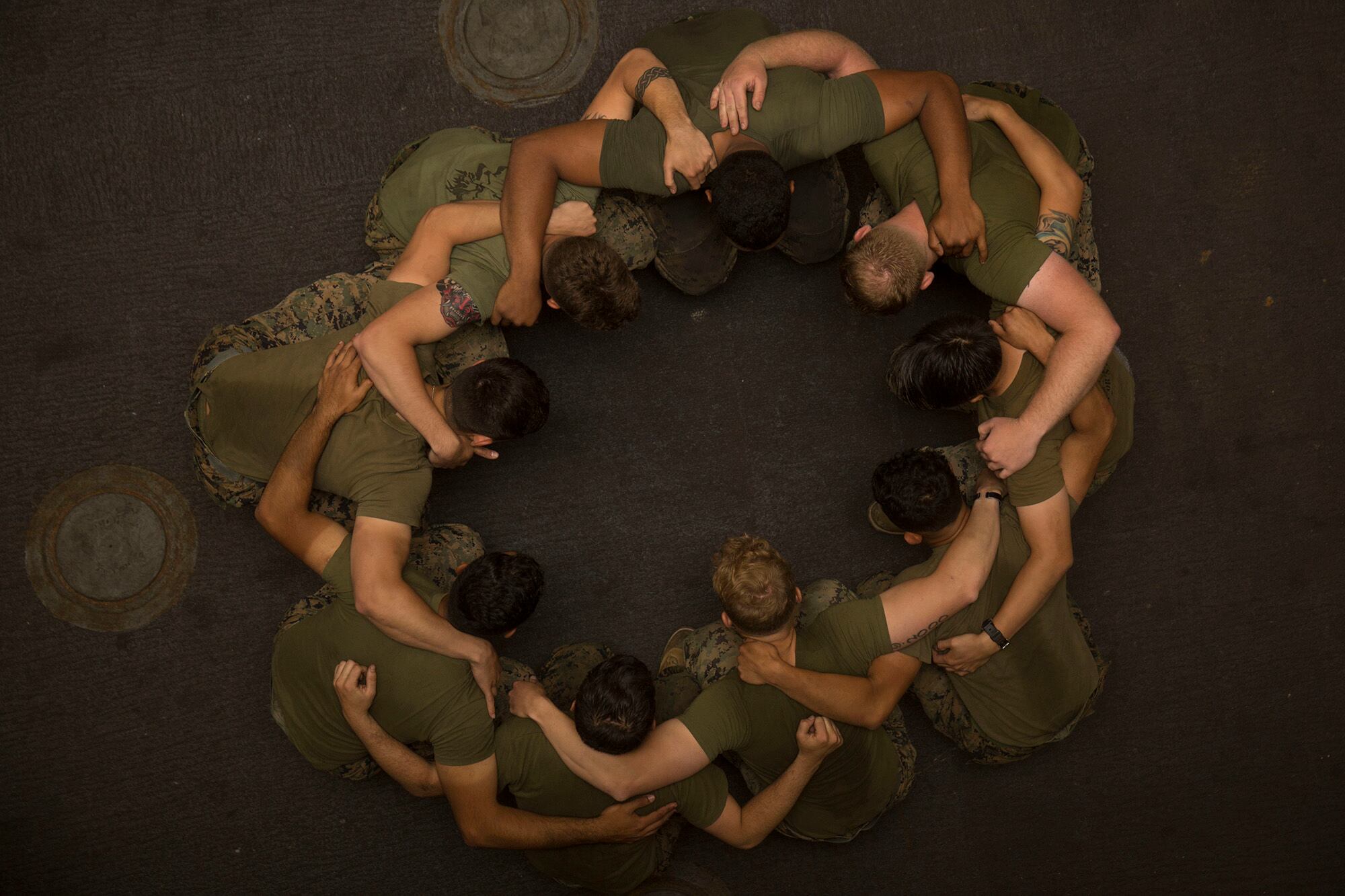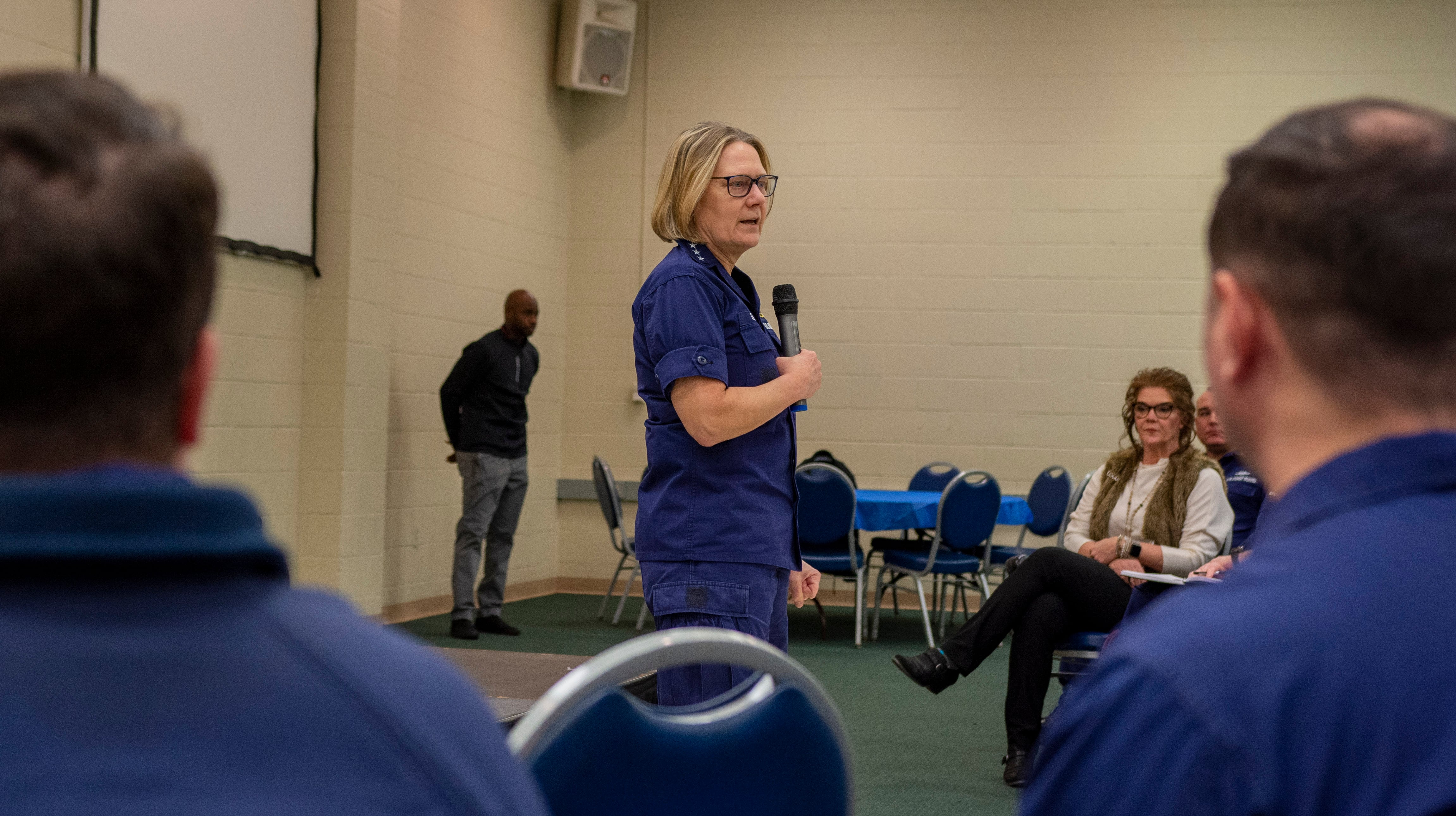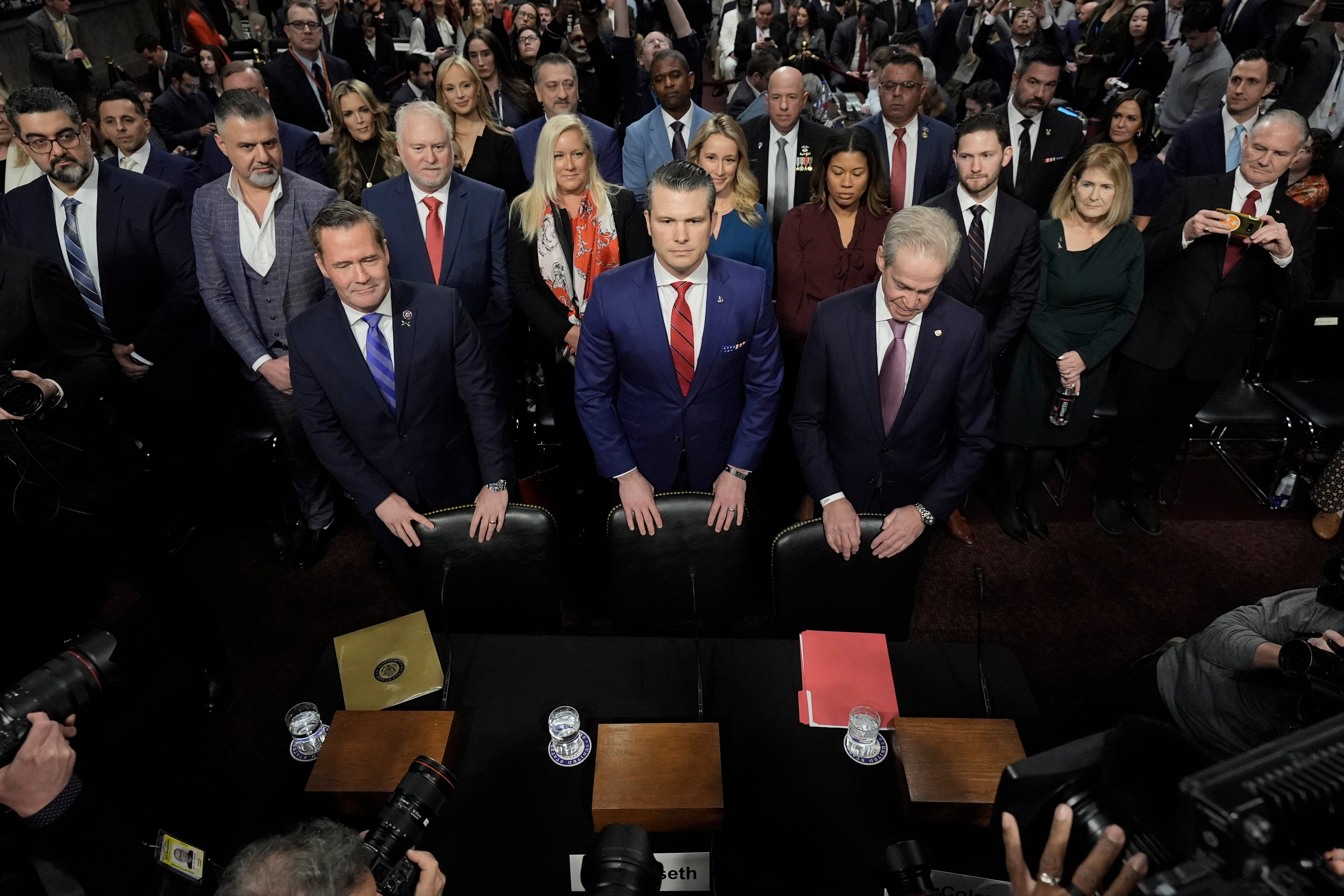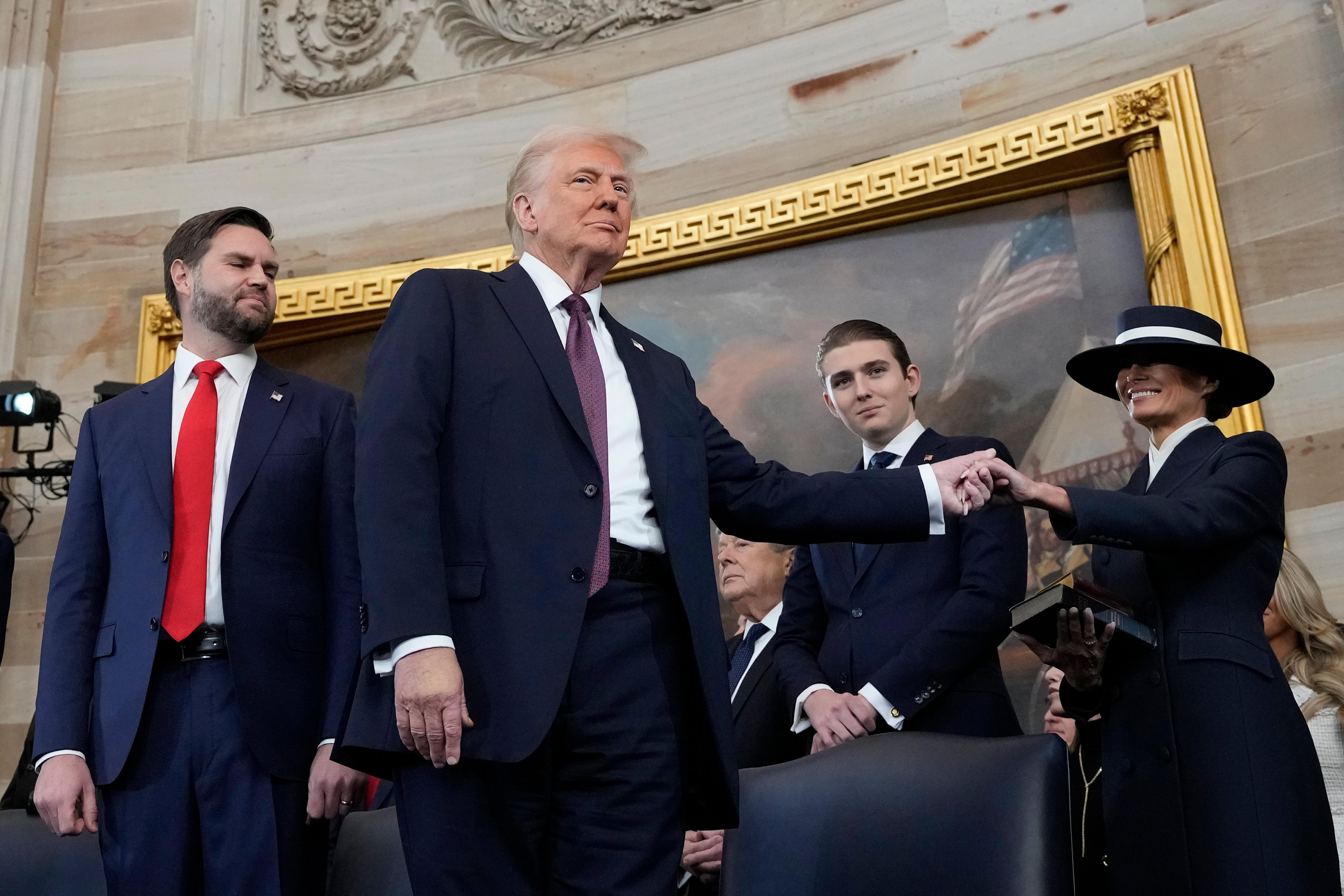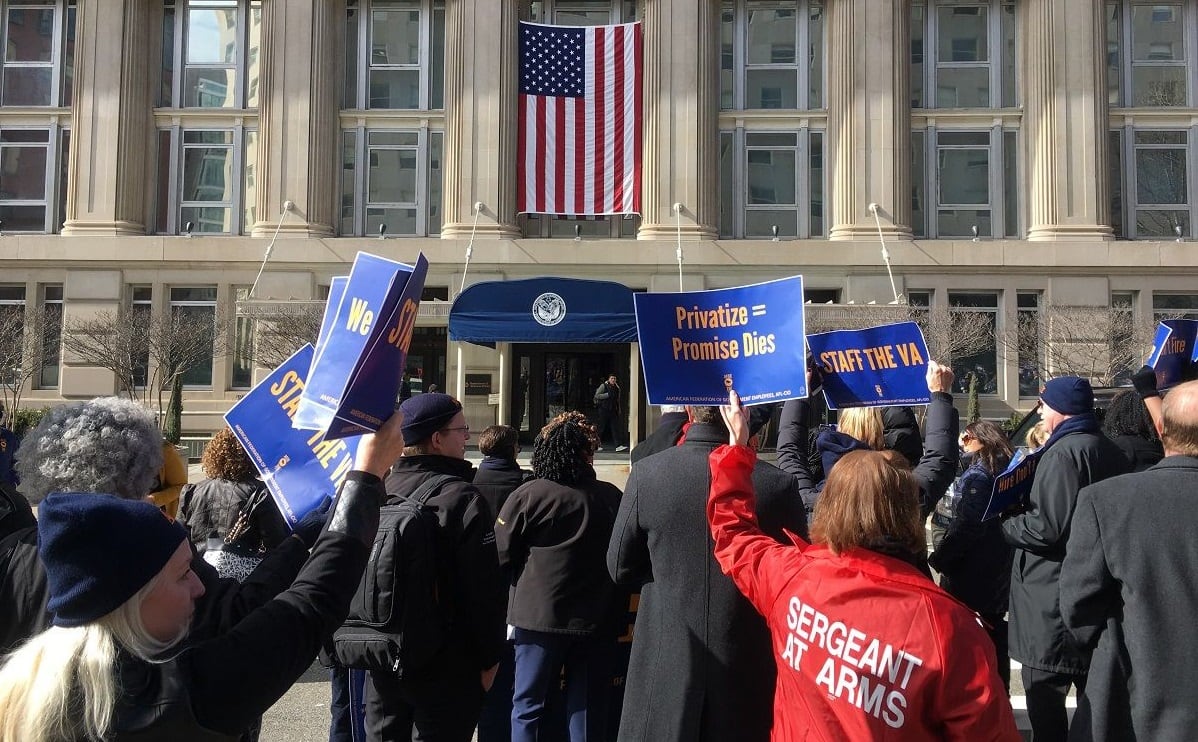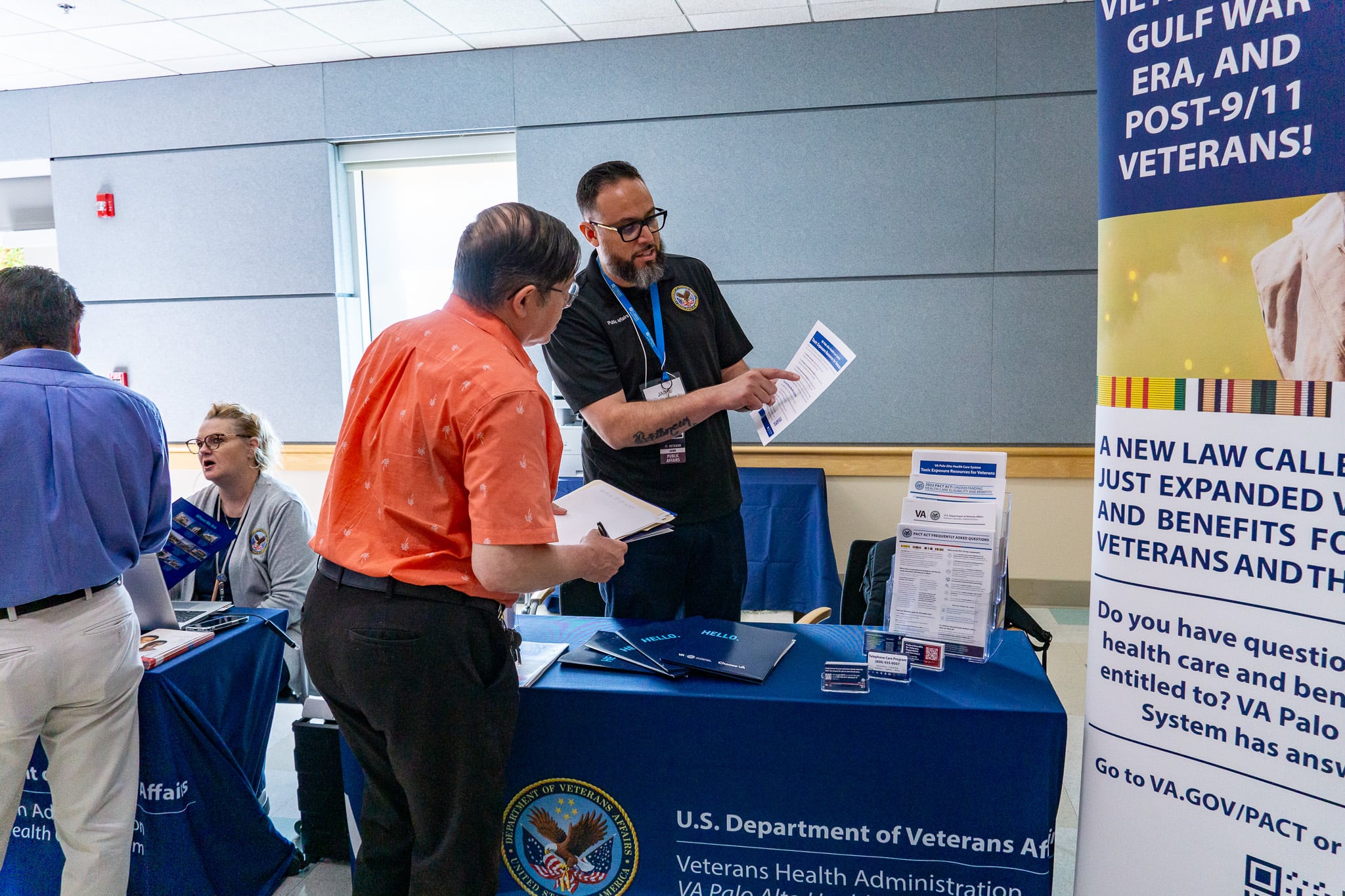“Health is a state of complete physical, mental and social well-being and not merely the absence of disease or infirmity.” – The World Health Organization
The World Health Organization’s (WHO) definition of health rings true for our nation’s military men and women. Health doesn’t just relate to an individual’s physical conditions and it isn’t just the absence of a disease. Health encompasses so much more than that.
Today in the United States, nearly 1 in 5 adults live with a mental illness and estimates suggest that only half of people suffering with a mental illness receive treatment (NIH). Among our nation’s veteran population, the National Council for Behavioral Health reports 30 percent of active duty and reserve military personnel deployed in Iraq and Afghanistan have a mental health condition requiring treatment.
During a time of heightened fear, loneliness and isolation, and stress stemming from the current coronavirus pandemic, mental health across our communities has been greatly impacted. As many communities continue to social distance and quarantine, the social isolation and loneliness caused by this unprecedented time has led to negative mental health impacts among adults (Kaiser Health Foundation). Now more than ever, it is important to engage in the challenging conversation around mental health and suicide prevention for all Americans ― but especially our veterans who may be nursing invisible wounds of war.
It is gut-wrenching to know that approximately 16 veterans died by suicide every day in 2017 (Veterans Administration). At Fisher House Foundation, we have seen firsthand just how important mental health is and know that sometimes the presence of family, friends and loved ones can serve as potent medicine. That’s why we work around the clock to serve and improve the health of our nation’s service members and veterans.
No single entity or organization can prevent suicide, but at a time when less than 50 percent of returning veterans receive the treatment they need, we all have a role to play in supporting with their mental health. Fisher House is proud to be a part of a community of nonprofits, public and private organizations who all bring different unique strengths to this fight.
Today, many remain in self-isolation or quarantine due to the ongoing COVID-19 pandemic. Now is a crucial time for our military and veterans to know they are not alone, that their sacrifice will never be ignored, and that their wounds, whether mental or physical, are our first priority.
In order to see change, we must take action. It will take our elected officials enacting policies to help make mental health services even more easily accessible. It will also take our public figures and community leaders joining in discussion to help normalize the conversation around mental health. Even though it can be a tough conversation to have, all Americans need to talk about mental health and suicide prevention.
This battle will take all of us doing our part, and is a duty that we as Americans owe to our military heroes. If you or a loved one needs help, please call the National Suicide Hotline at 1-800-273-8255 and for Veterans, press 1 for the Veterans Crisis Line.
Ken Fisher is chairman and CEO of Fisher House Foundation.
Editor’s note: This is an Op-Ed and as such, the opinions expressed are those of the author. If you would like to respond, or have an editorial of your own you would like to submit, please contact Military Times managing editor Howard Altman, haltman@militarytimes.com.
